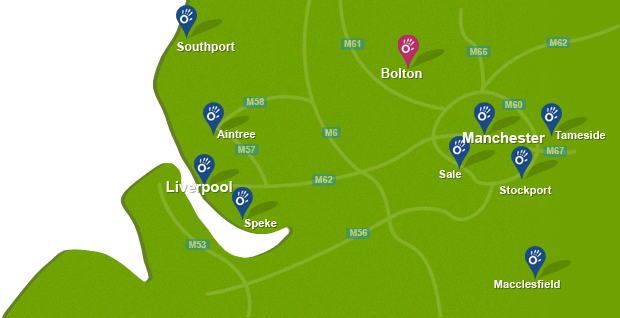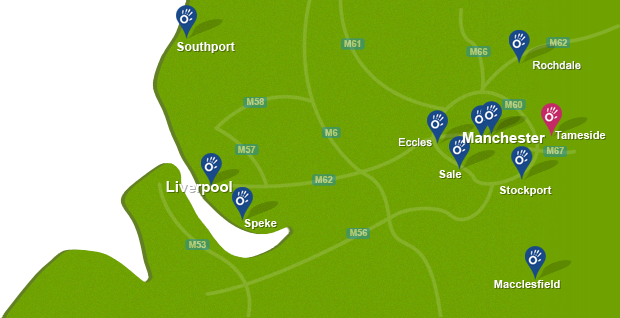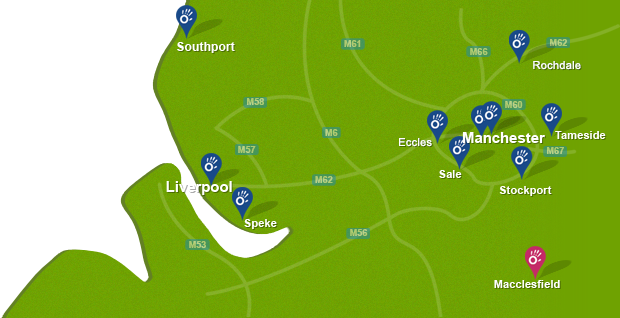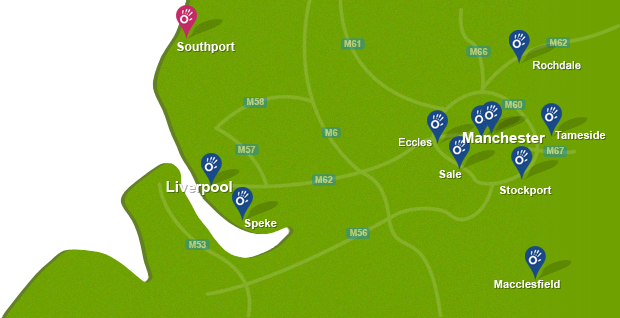In the centre of this column of vertebrae and discs is the spinal canal, which contains the spinal cord stretching from the brain stem down to the first or second lumbar vertebra. It continues as a bundle of nerve fibers. Between each vertebra, the spinal cord has nerve root connections to other parts of the body.
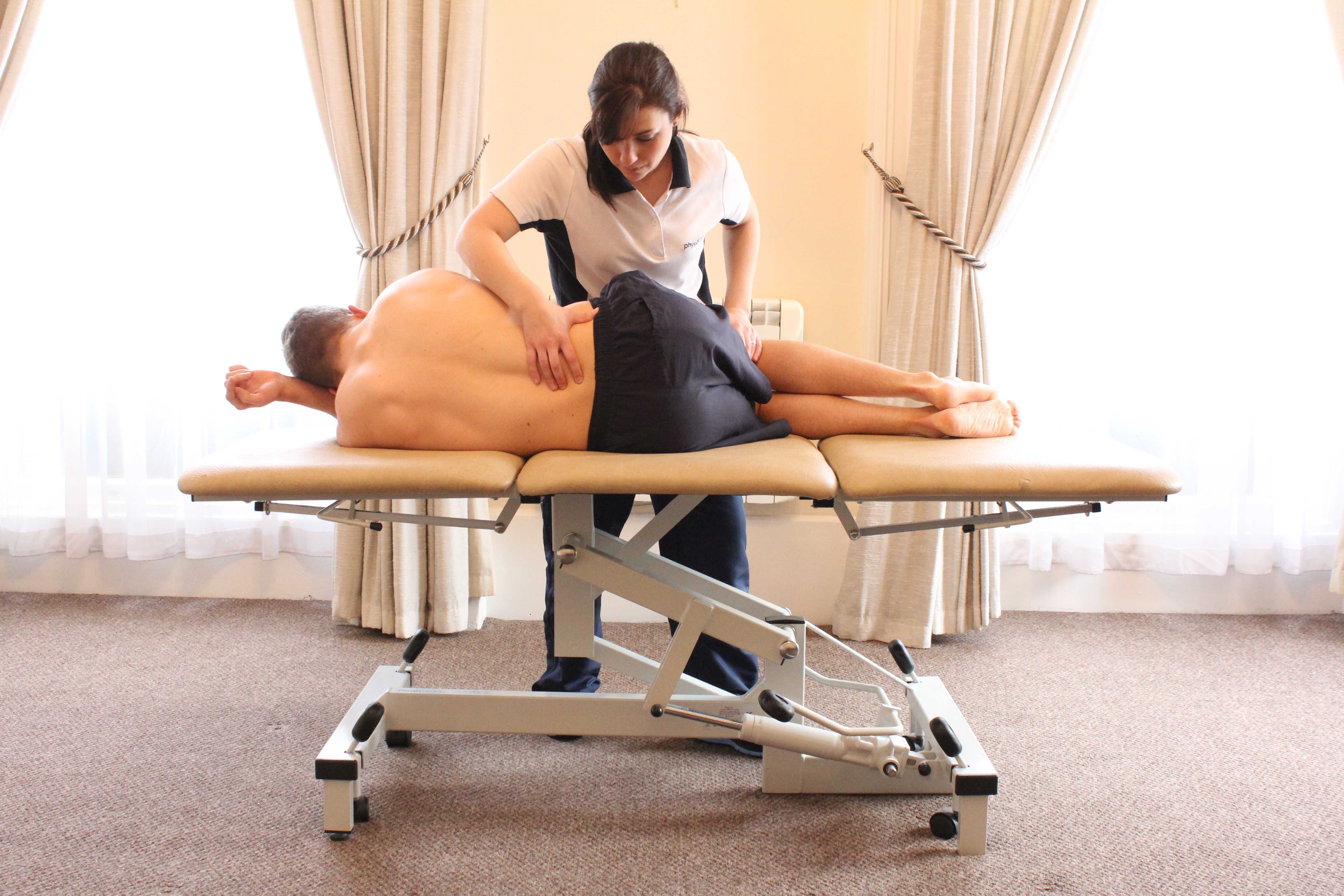 Above: A patient being treated for a slipped disk.
Above: A patient being treated for a slipped disk.The spine is connected to the ribs at the chest and is divided into three parts:
- Neck (cervical vertebrae)
- Chest (thoracic vertebrae)
- The lower back (lumbar vertebrae)
What is a slipped disc?
A slipped disc is the name given to prolapsed intervertebral discs that put pressure on the spinal cord and nerve root causing pain. The term is in fact misleading because an intervertebral disk is unable to slip or slide. Slipped discs most commonly occur in the lumbar spine, at the bottom of the back, between the fourth and fifth vertebra (L4/ L5).
What causes a slipped disk?
Repeated overuse of certain tasks, during bending, lifting, and sporting activities can cause a slipped disk. Usually there is one offending movement that will be the catalyst for a prolapse to occur. Overuse of certain spinal disks in the back can lead to degeneration of the outer layer of the intervertebral disc and, if this degeneration is sufficient, the gel-like nucleus material is liable to prolapse out of the disc. If the prolapse is pressing on the nerve root this will cause you pain. Other causes include stress fractures and also genetics may also play a part in the probability of a slipped disk occurring.
What are the Symptoms of a slipped disk?
Onset of sudden and severe pain in the back made worse by flexed positions such as sitting. Often the prolapse direction means that pressure is put on the sciatic nerve which produces pain in the buttock, hamstrings, the back of the knees, the calf or the heel.
Sometimes symptoms may include numbness and loss of motor control over the leg.
For more information about how physiotherapy can help your back, or to book an appointment please call 0161 883 0077

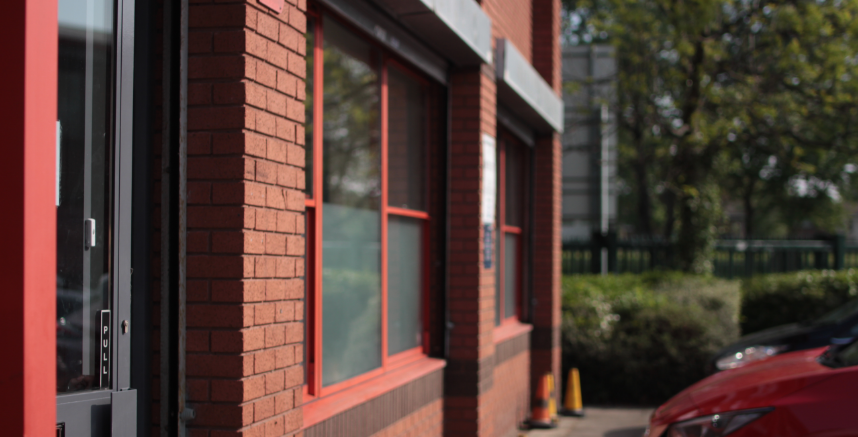
 0161 883 0077
0161 883 0077






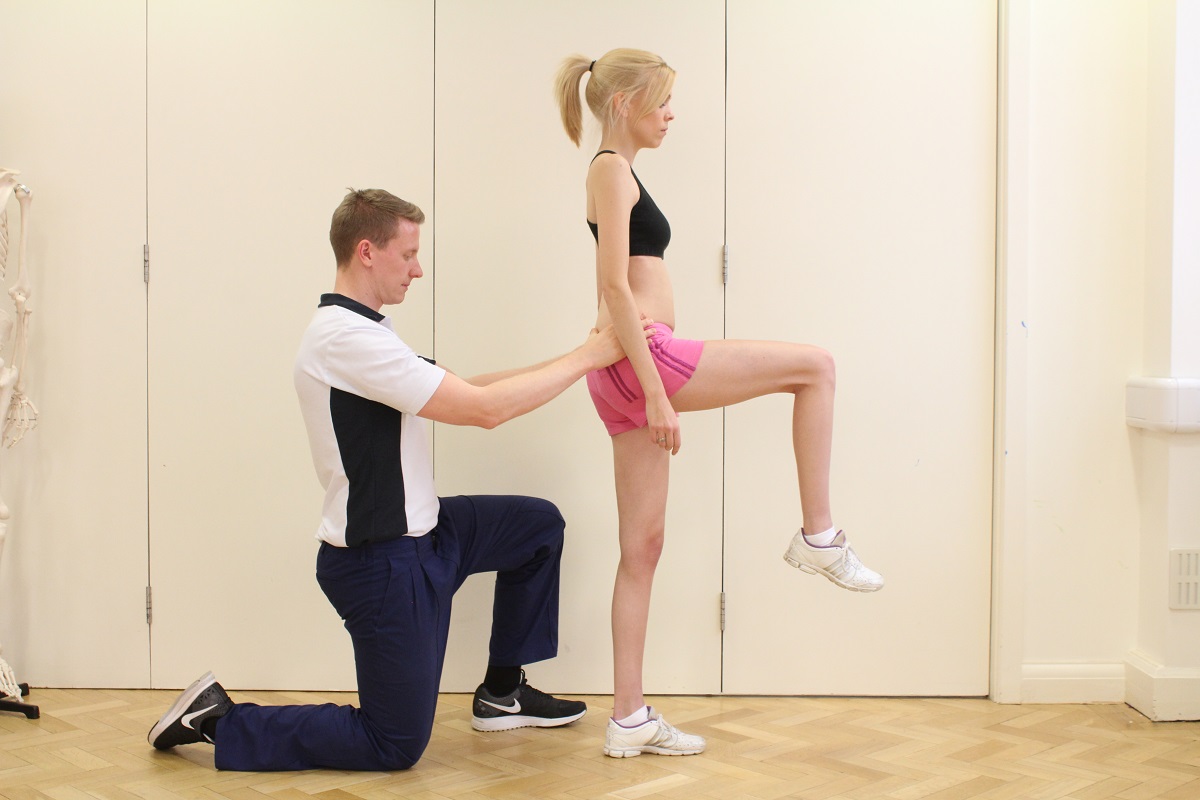
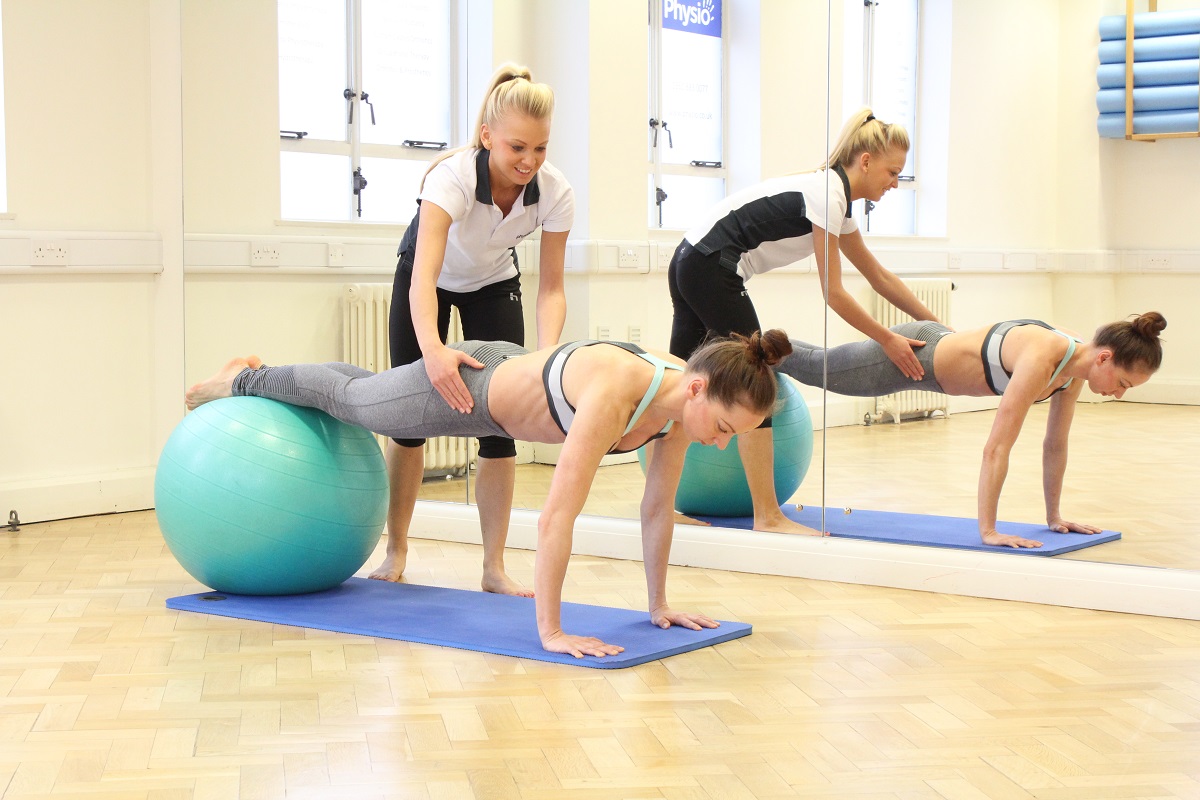
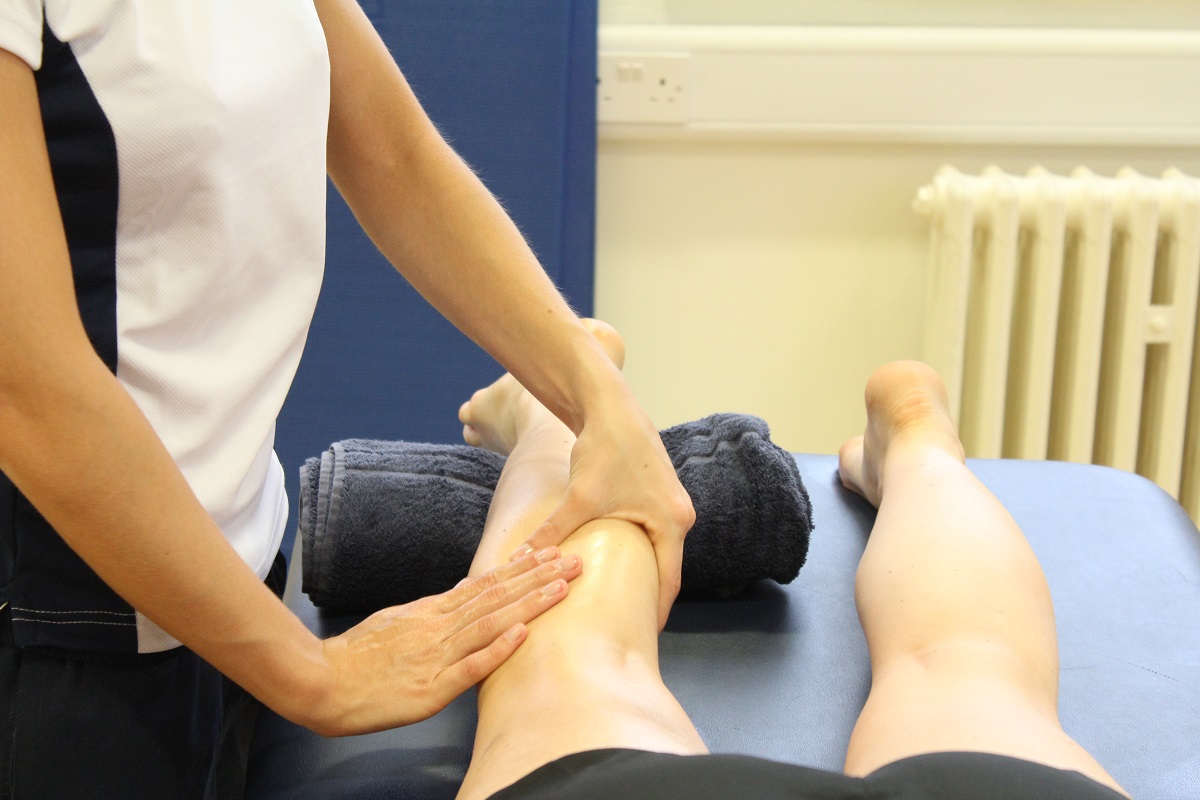
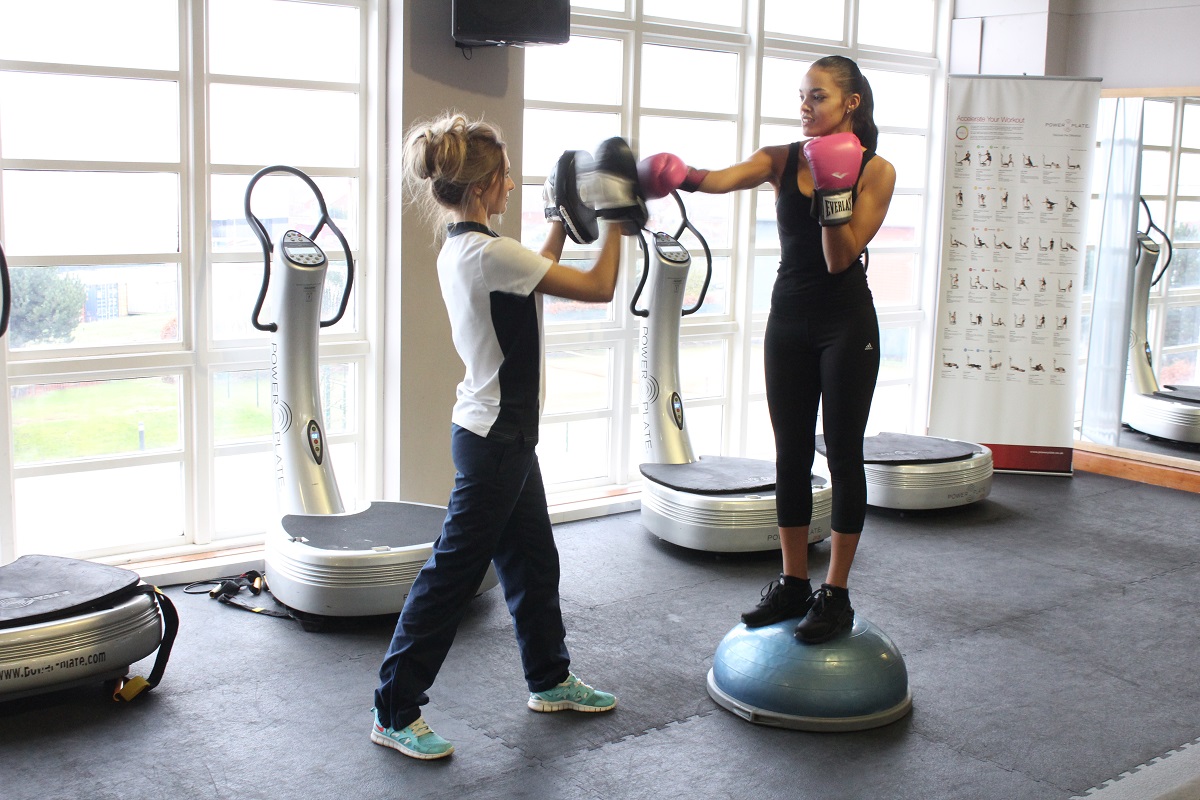


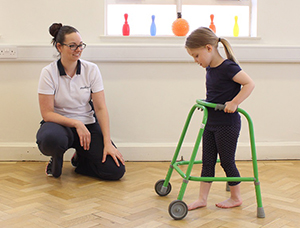
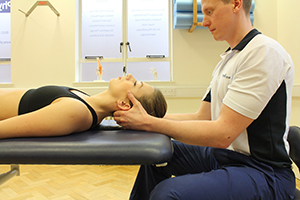


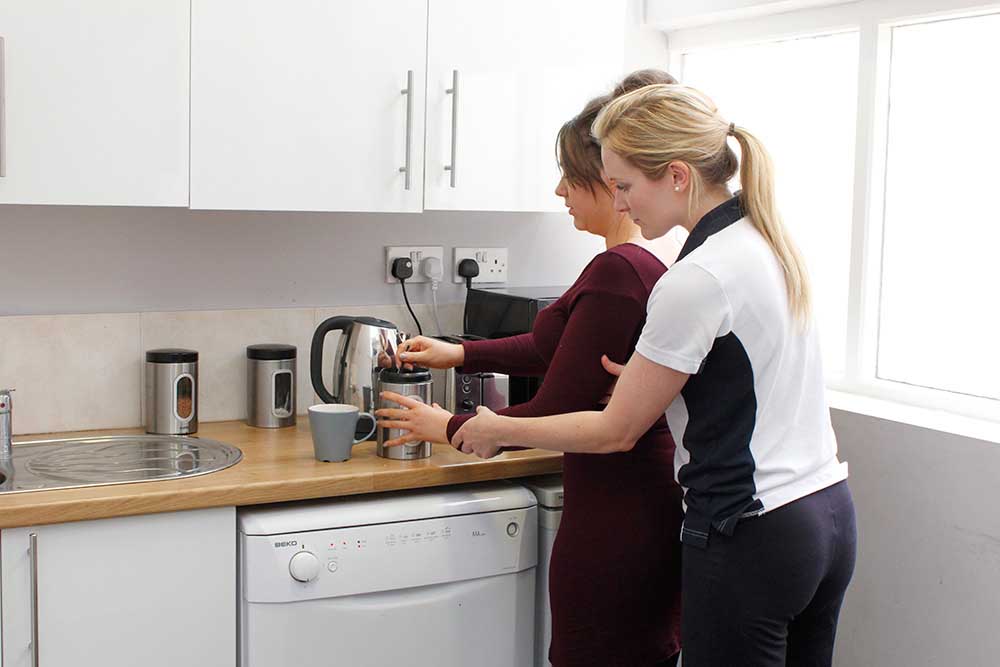



























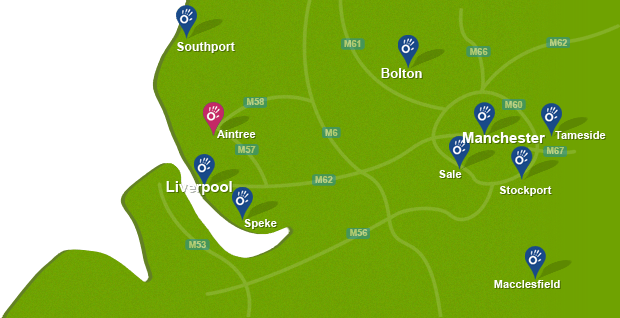

 f
f
